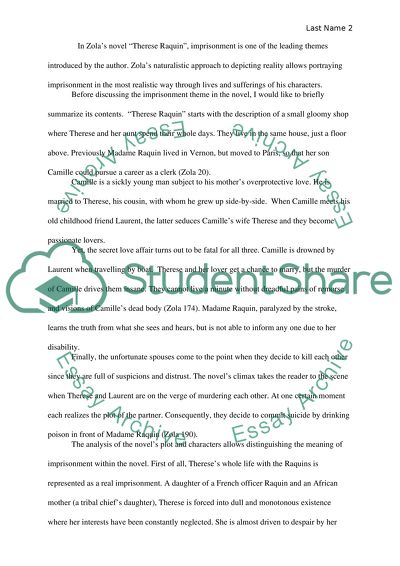Cite this document
(“The Prosaic and Literal Meaning of Imprisonment in Therese Raquin and Essay”, n.d.)
Retrieved from https://studentshare.org/literature/1432508-the-prosaic-and-literal-meaning-of-imprisonment-in
Retrieved from https://studentshare.org/literature/1432508-the-prosaic-and-literal-meaning-of-imprisonment-in
(The Prosaic and Literal Meaning of Imprisonment in Therese Raquin and Essay)
https://studentshare.org/literature/1432508-the-prosaic-and-literal-meaning-of-imprisonment-in.
https://studentshare.org/literature/1432508-the-prosaic-and-literal-meaning-of-imprisonment-in.
“The Prosaic and Literal Meaning of Imprisonment in Therese Raquin and Essay”, n.d. https://studentshare.org/literature/1432508-the-prosaic-and-literal-meaning-of-imprisonment-in.


